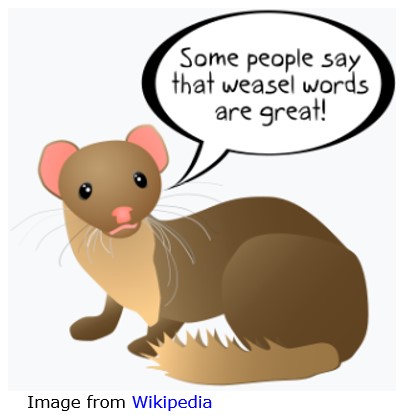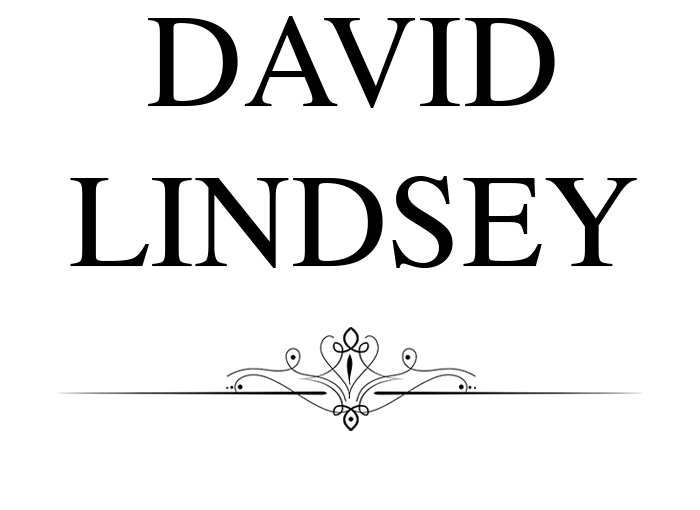
Three years ago I posted the following article. A lot has changed in three years. And nothing has changed at all. In fact, it’s easy to claim now that how we use words and how we understand what we hear is more important than ever as communication accelerates at warp speed and the tools of deception have become more powerful and more deeply hidden. Understanding the nuance and dangers of weasel words is a truth imperative.
________________________________
I imagine most people have used Wikipedia. It’s a common go-to site for quick reference to find out basic information about almost anything. It’s a free, nonprofit reference site supported by readers’ donations.
In this age of growing feints and deceptions in social media, politics, and the Internet in general Wikipedia’s entry on “Weasel Words” has long been one of my favorites. I first came across it years ago and continue to go to it from time to time.
A weasel word or phrase is often used when someone wants to give the impression that something specific and authoritative is being expressed when in fact it’s only a vague generalization. Weasel words are invaluable tools for people who want to deceive, and they are essential elements of propaganda. They can also be used to make a statement more ambiguous. Which lets them wiggle out of accusations that they have been intentionally deceptive by saying that the accuser simply “took it the wrong way”.
Entire books have been written about weasel words but here are a few examples from the Wikipedia article about them.
“A growing body of evidence . . .” (Where is the raw data for the reader to verify?)
“Up to sixty percent . . .” (so, 59%? 50%? 10%?)
“There is evidence that…” (What evidence? Is the source reliable?)
“The vast majority…” (75%? 85%? 99%? How many?)
“Questions have been raised…” (Implies a fatal flaw has been discovered; also who raised the questions?)
“Researchers believe . . .” (Who are they?)
A 2009 study of Wikipedia found that most weasel words in it could be divided into three main categories:
1. Numerically vague expressions (for example, “some people”, “experts”, “many”, “evidence suggests”)
2. Use of the passive voice to avoid specifying an authority (for example, “it is said”)
3. Adverbs that weaken (for example, “often”, “probably”)
As I said, books have been written about weasel words, but these examples give us a glimpse into how easy it is to accept the anonymous voices we hear and read every day if we aren’t vigilant. All of us should be reading critically. And applying critical thinking to everything we encounter on the Internet. Alice’s rabbit hole hides in plain sight just about everywhere today.
(By the way, if I had left off the two words “I imagine” at the beginning at the post, I would have been guilty of using weasel words in my opening sentence.)
__________________
To see an updated version of this article click HERE to see Wikipedia’s more thorough treatment of the subject of weasel words.

